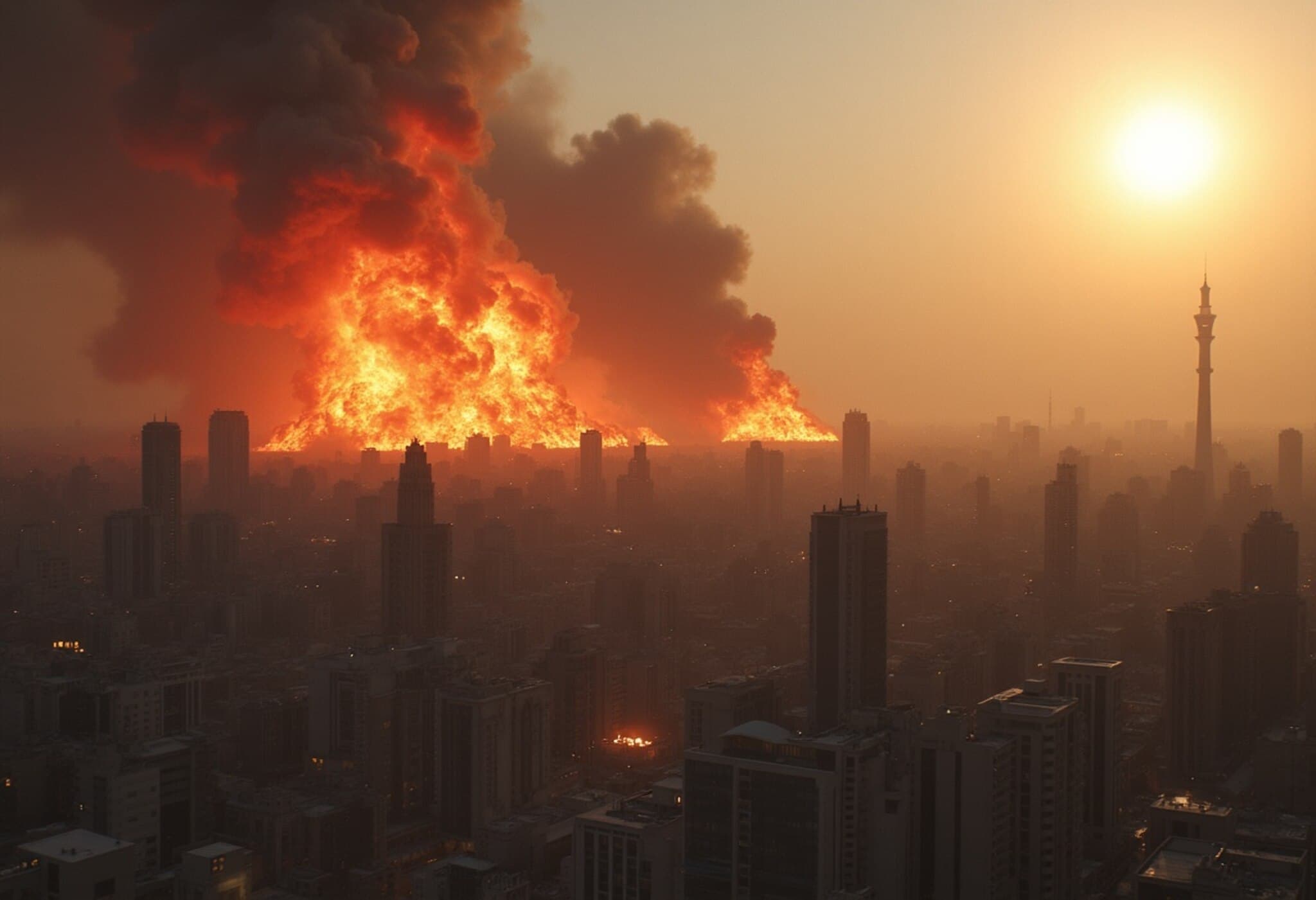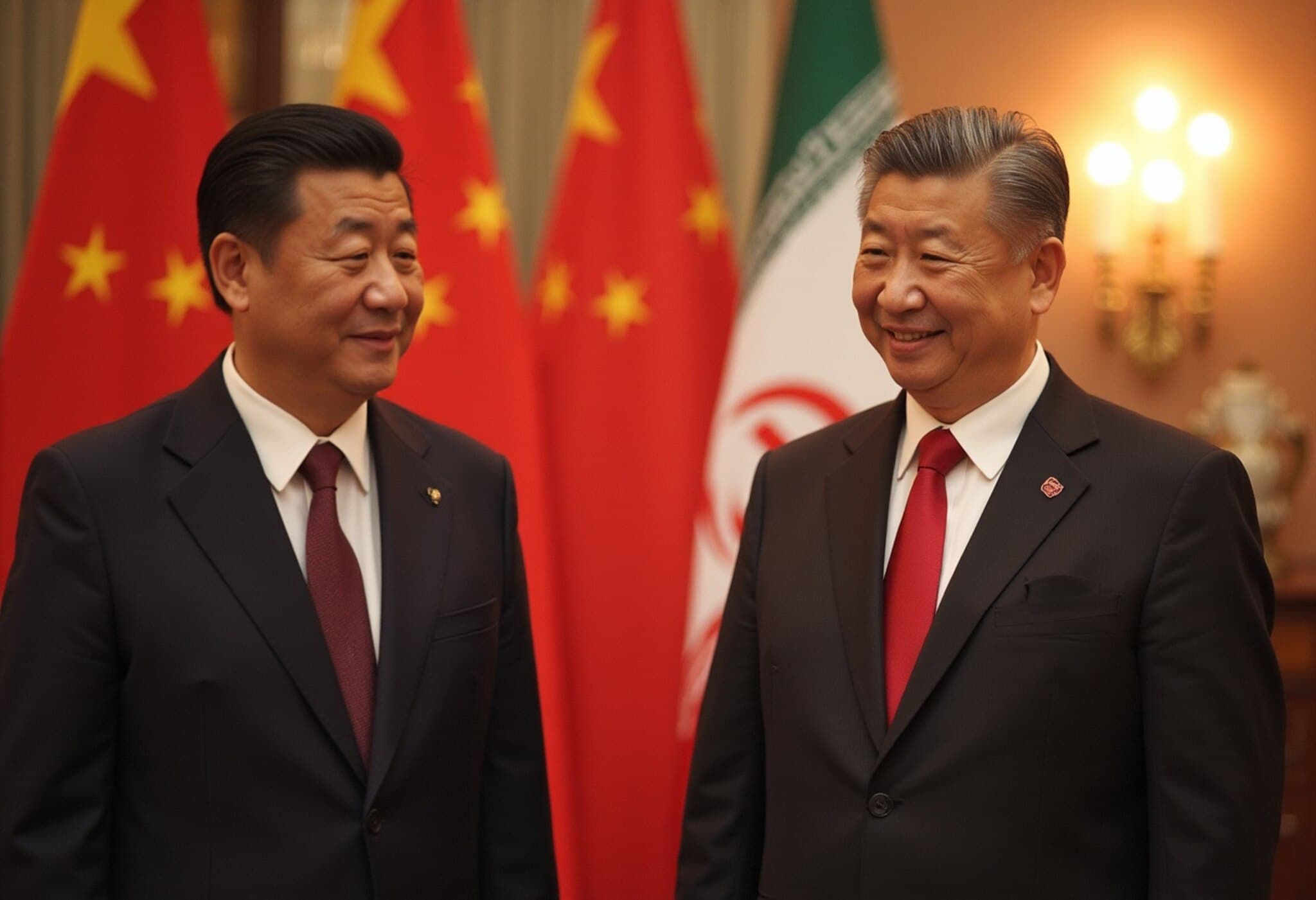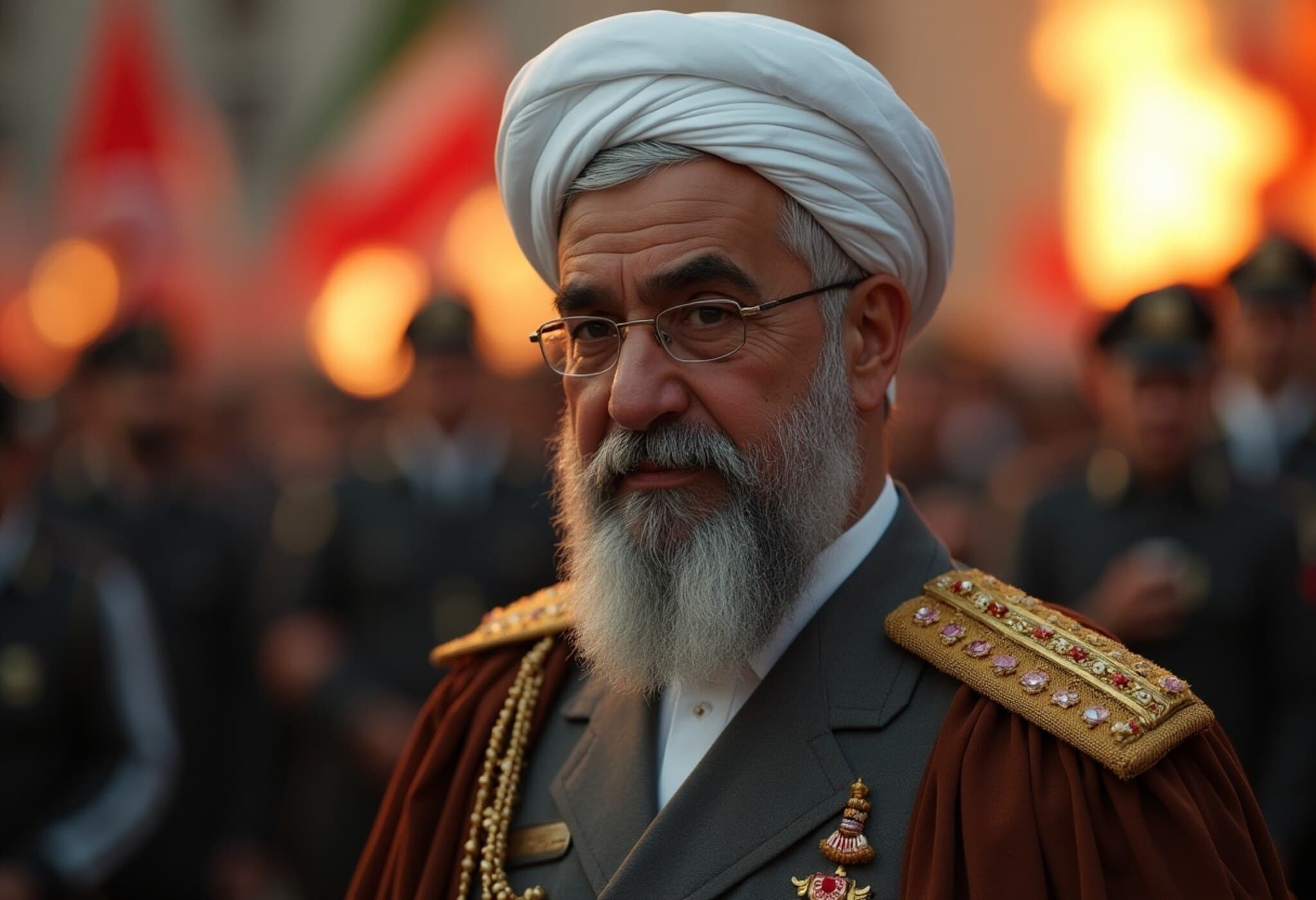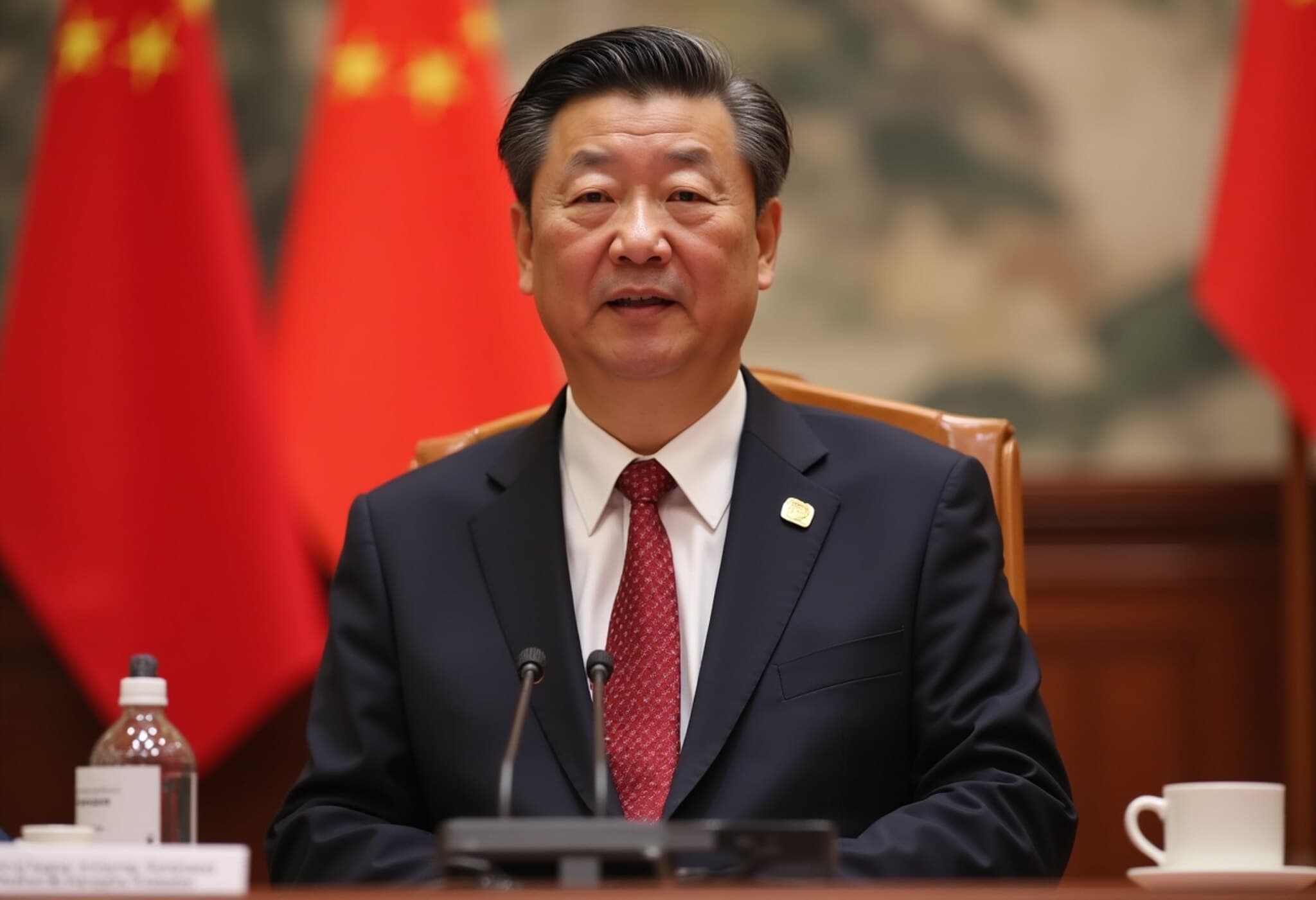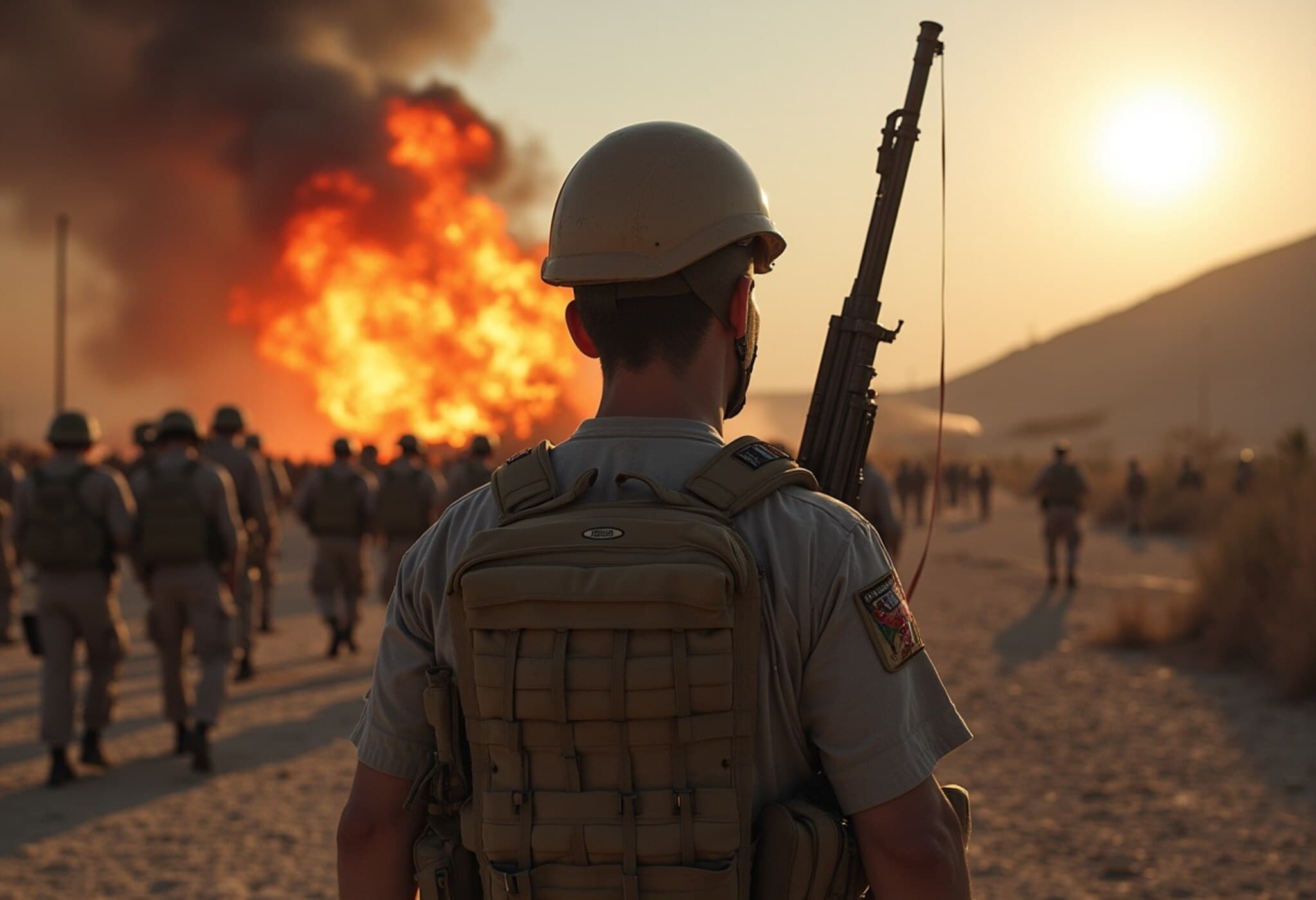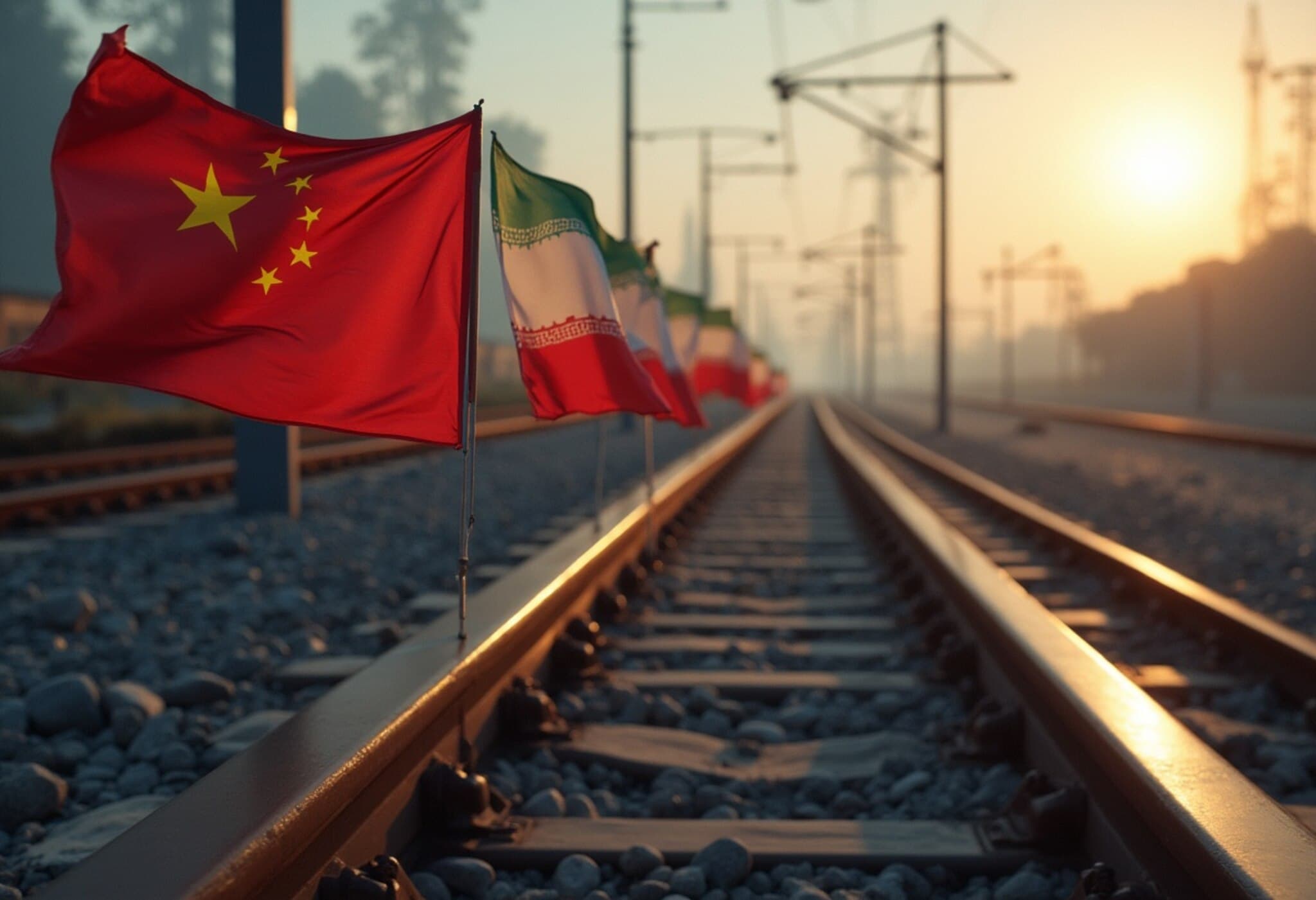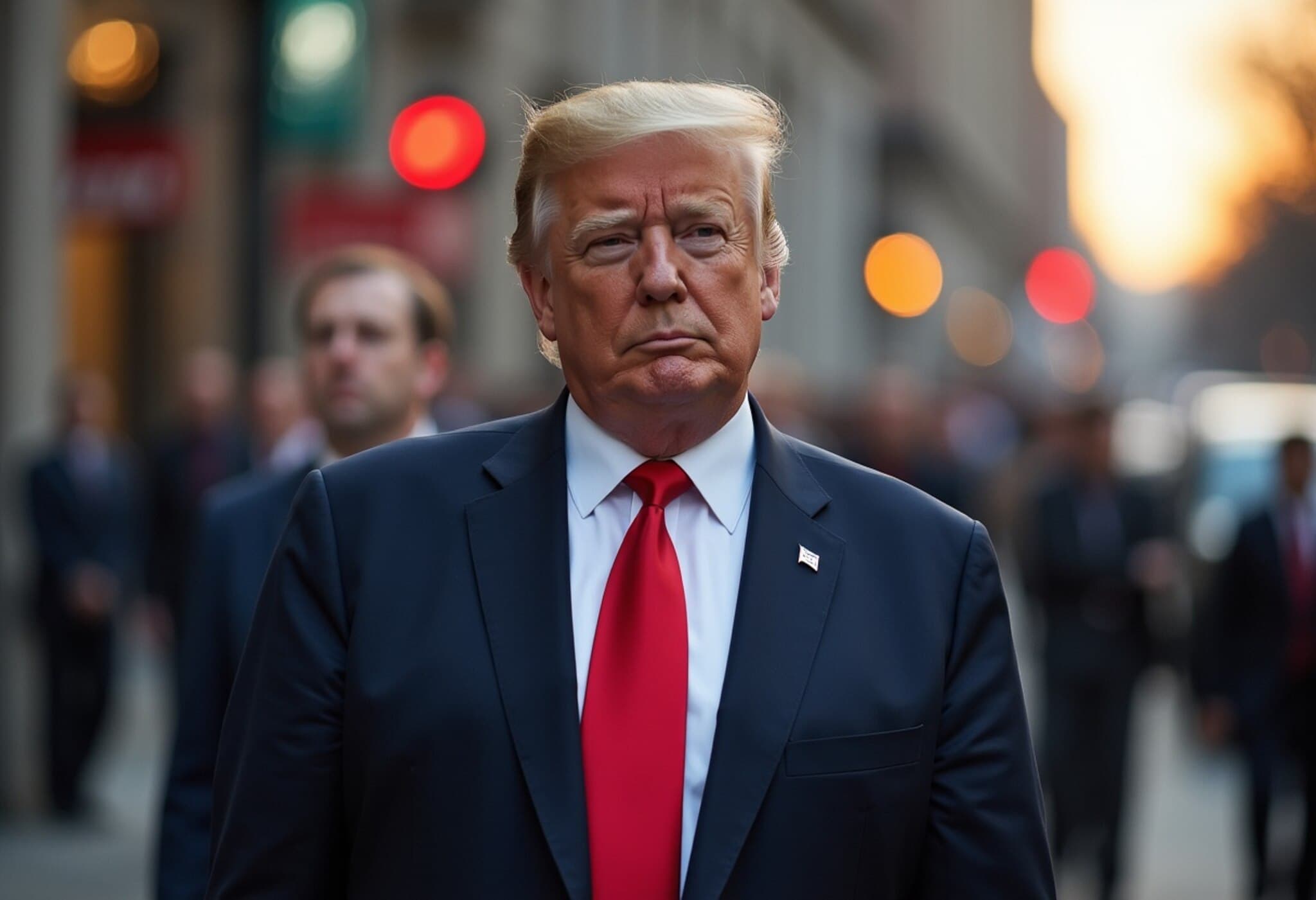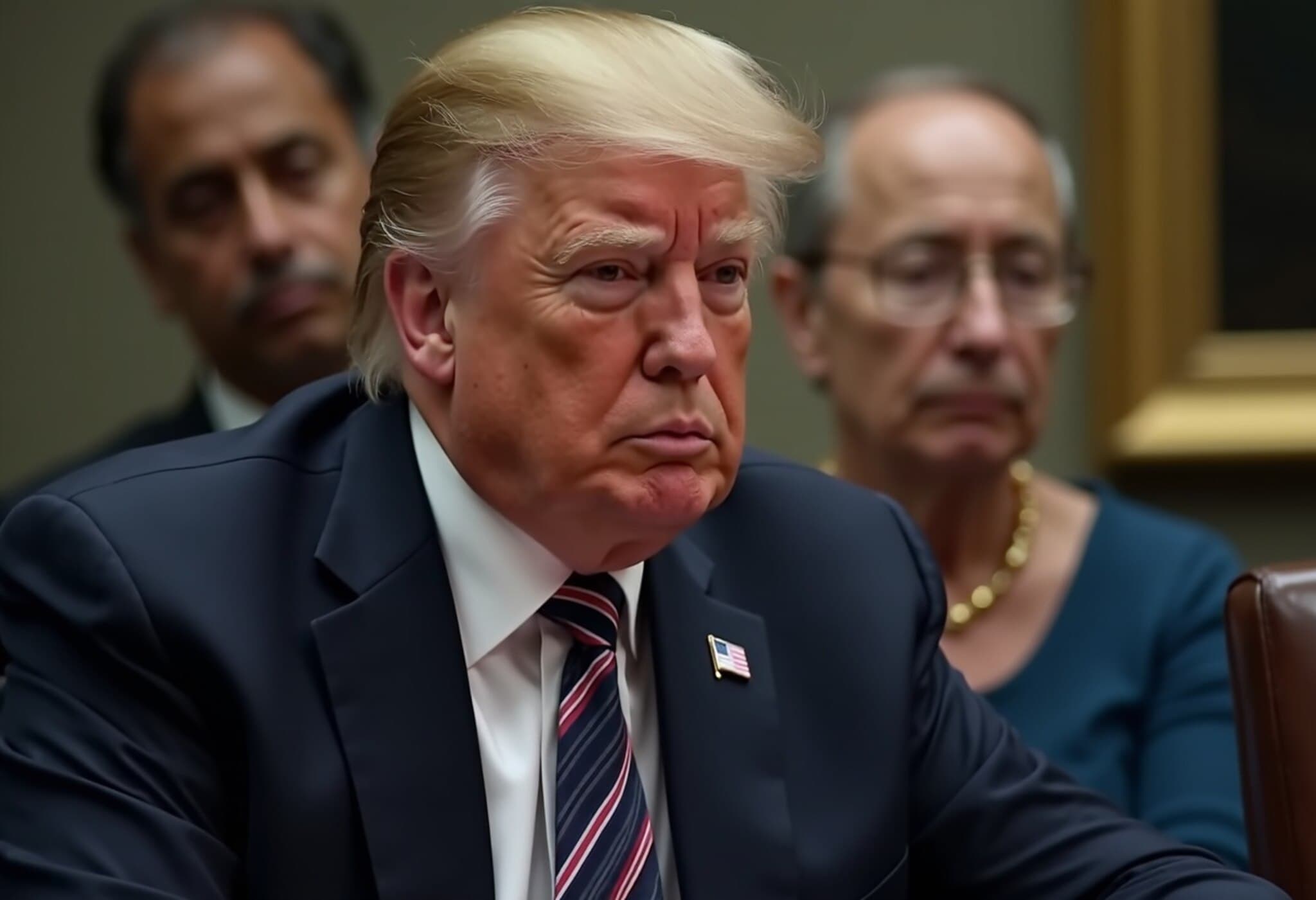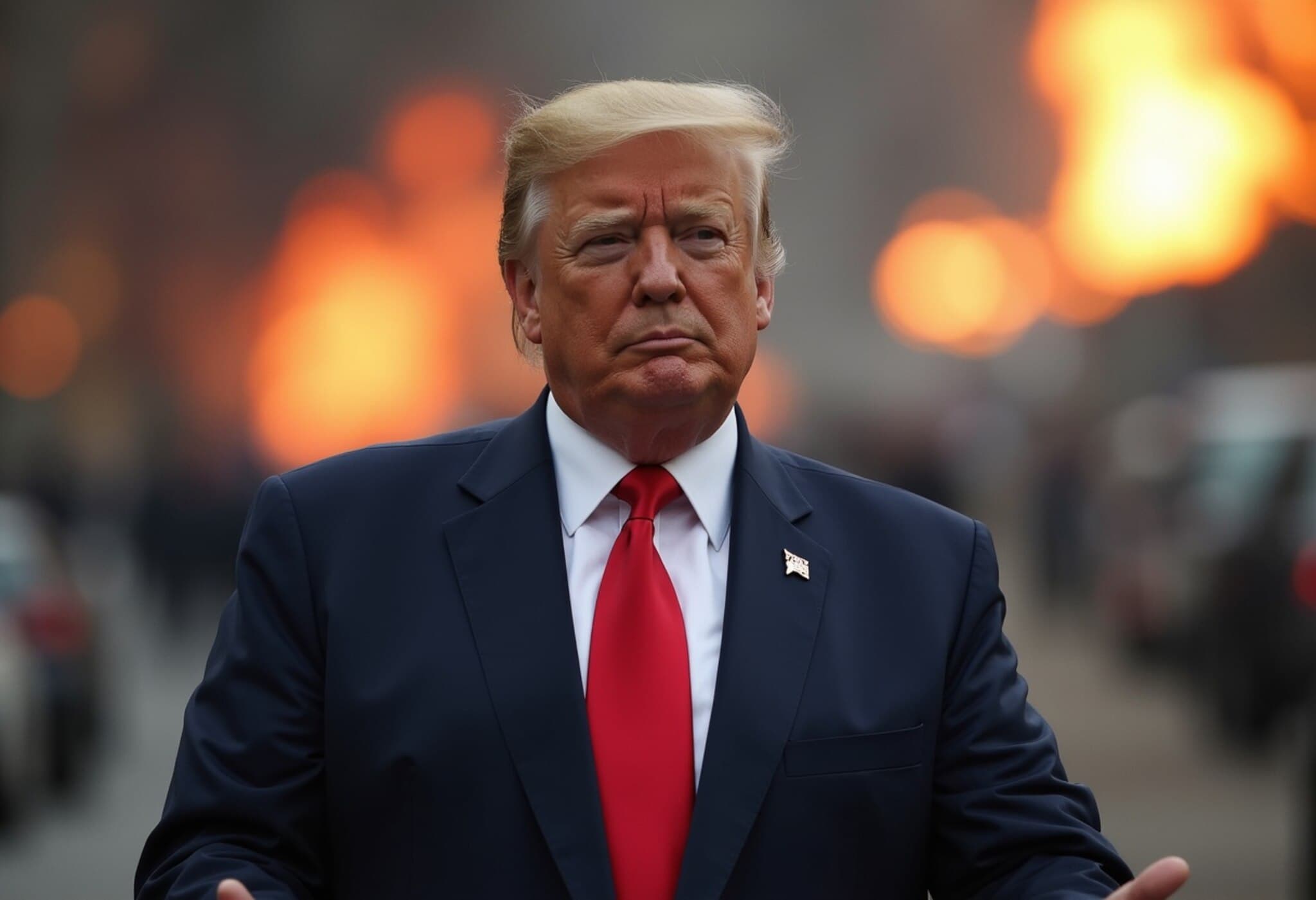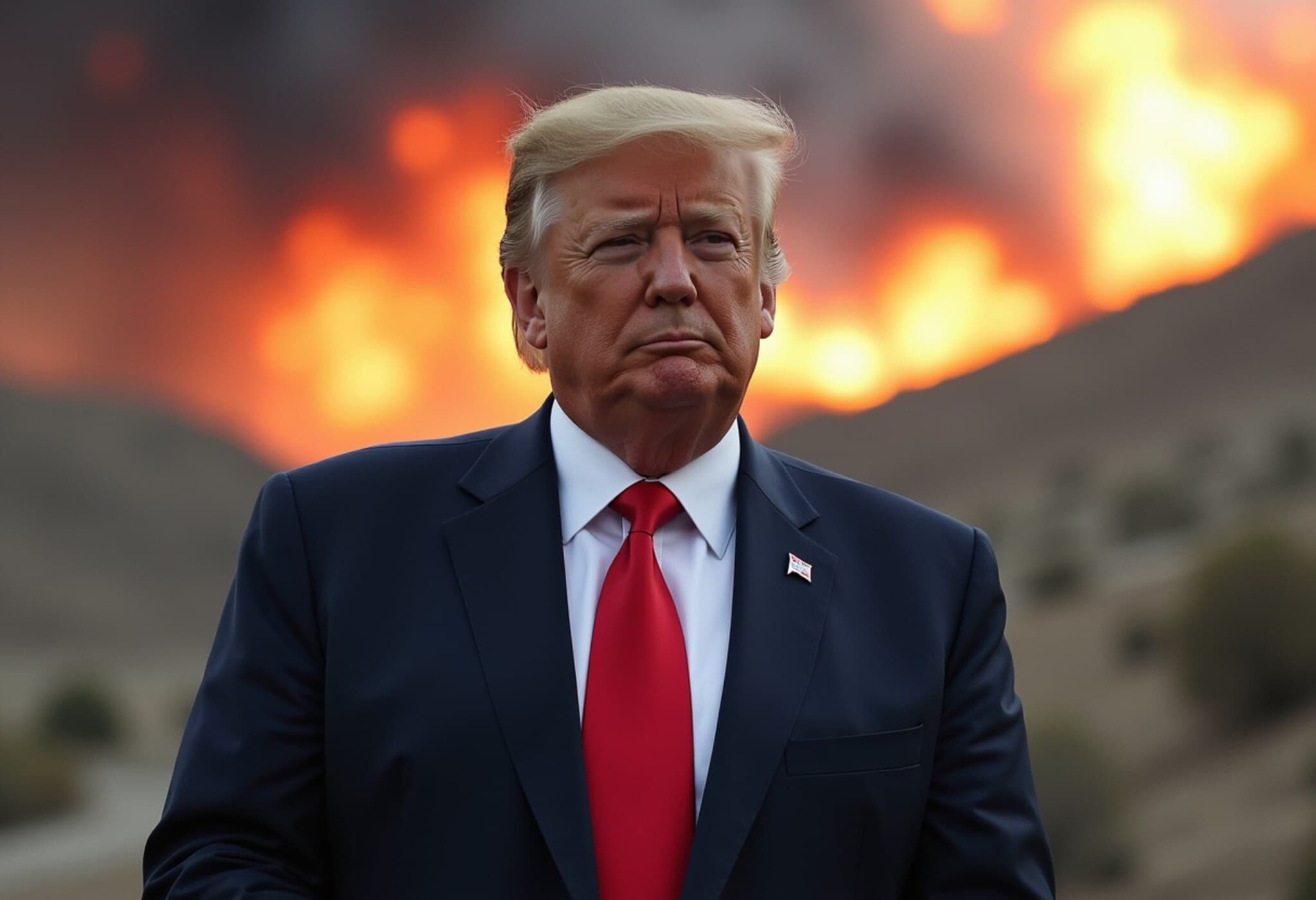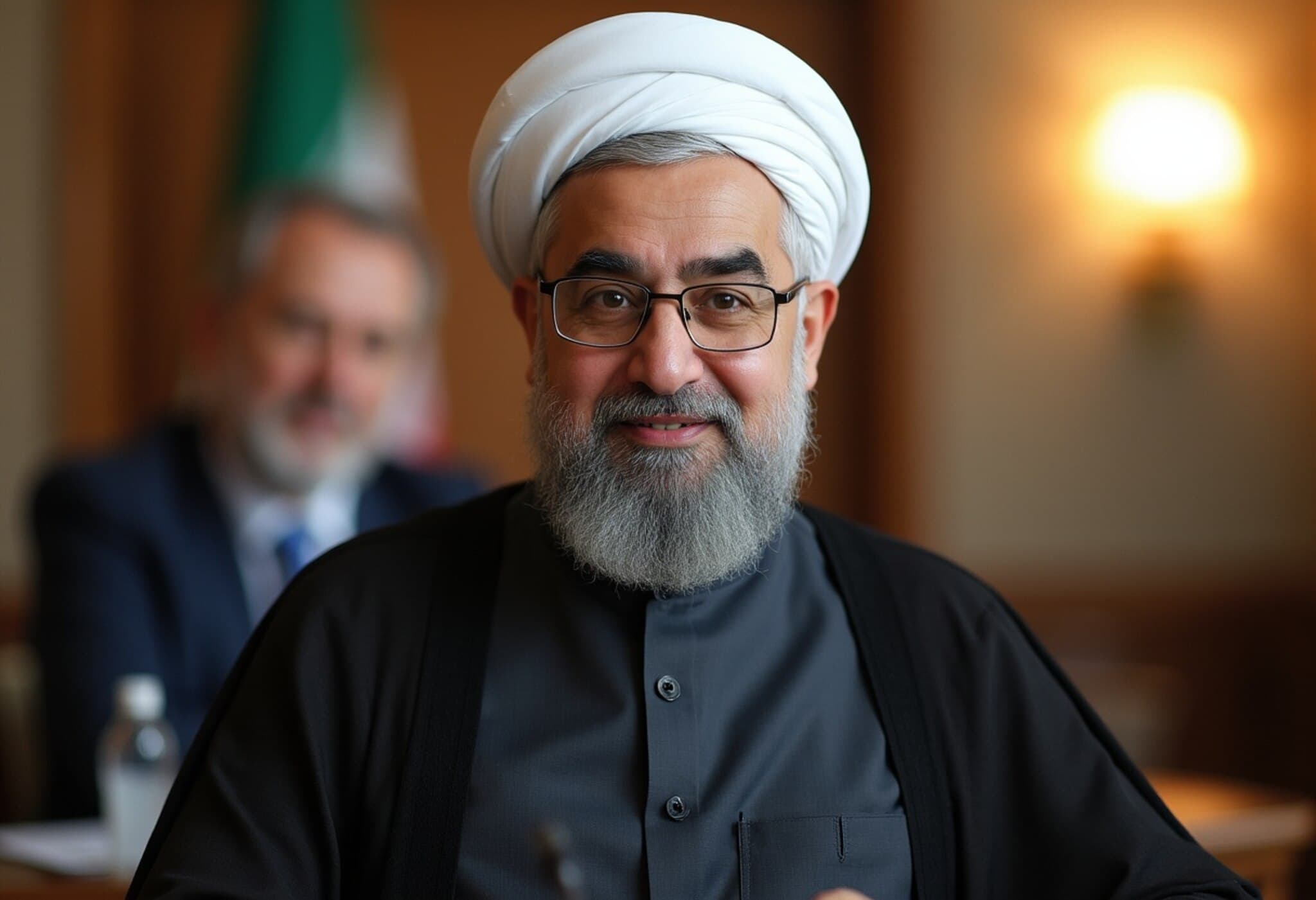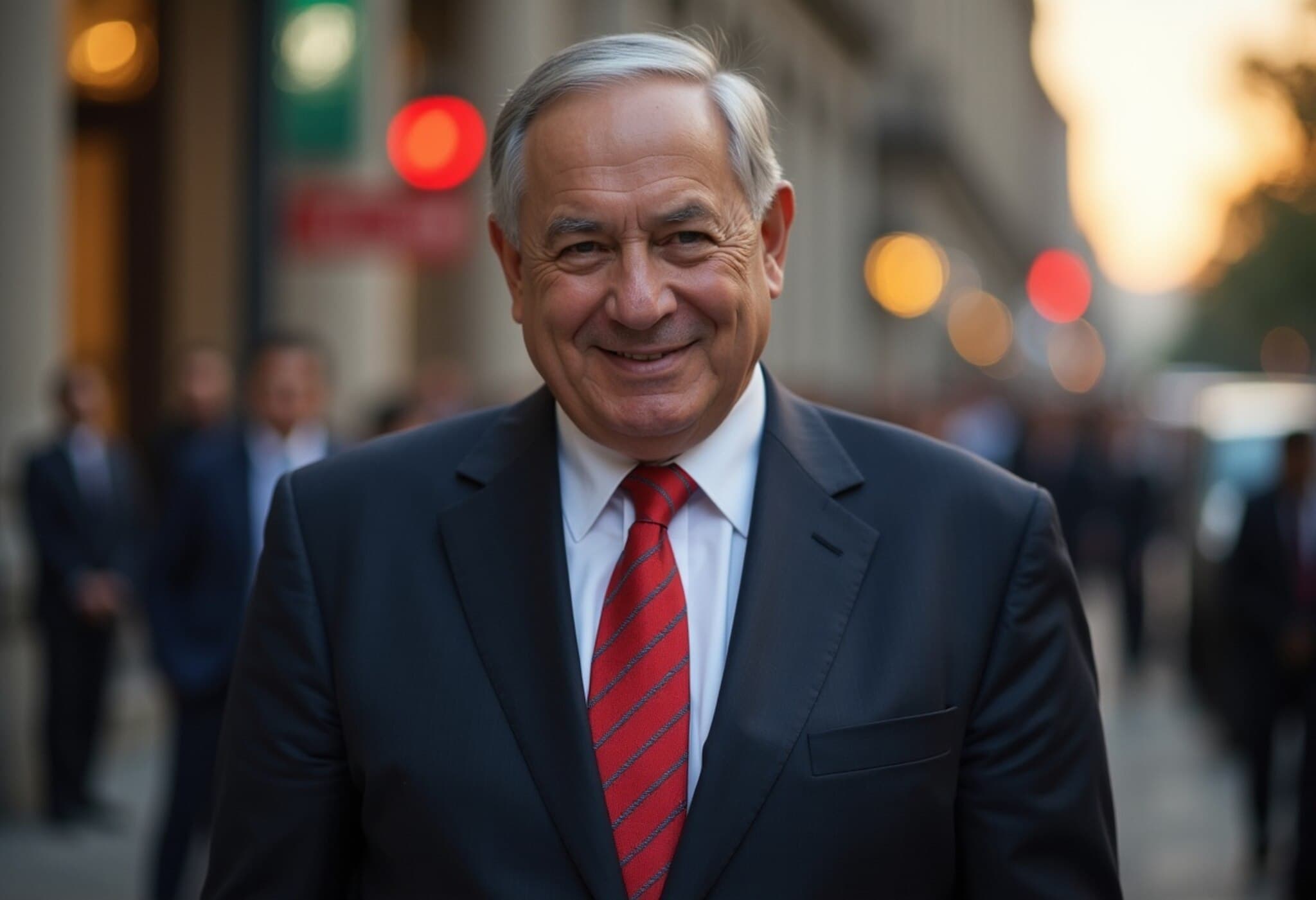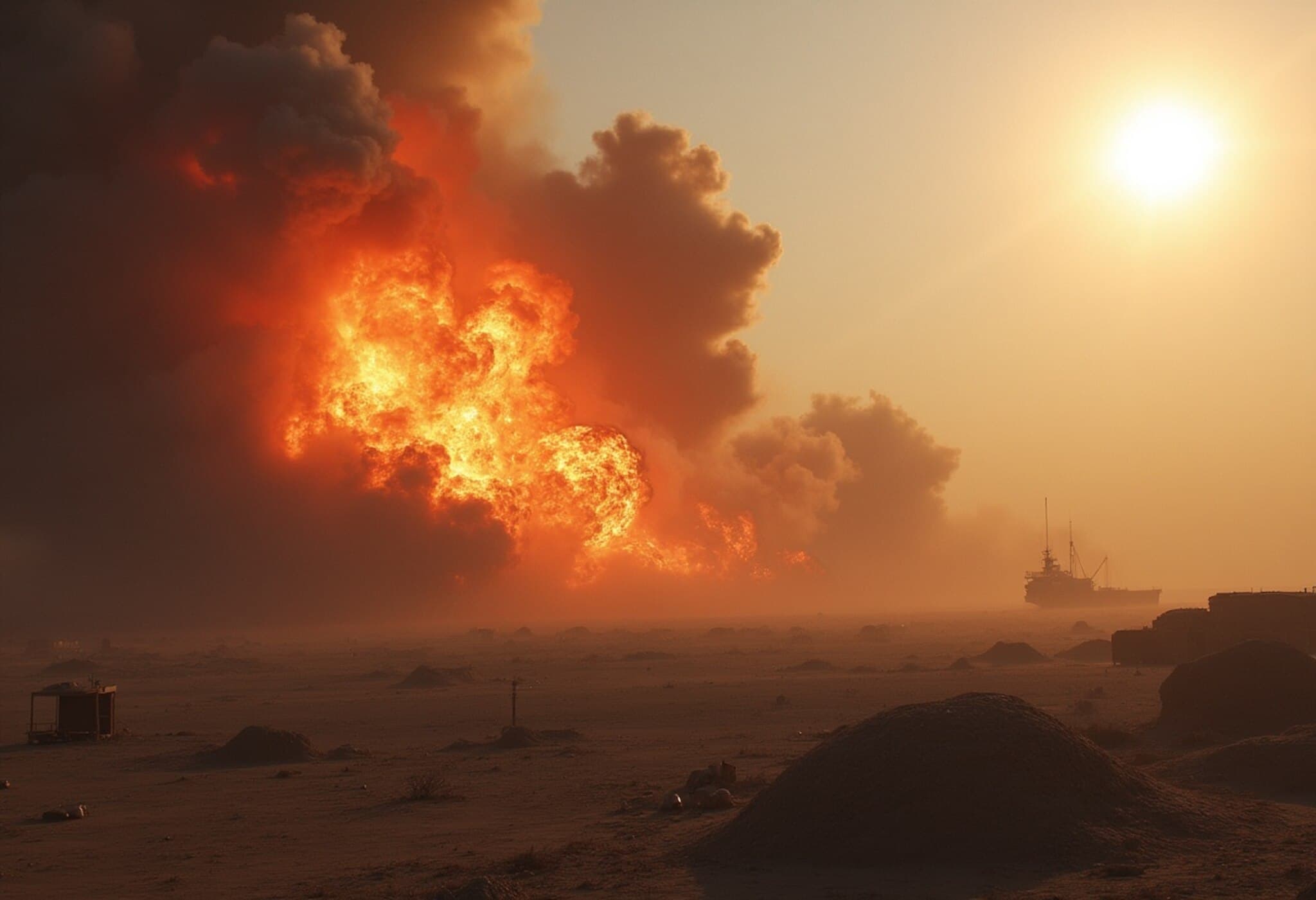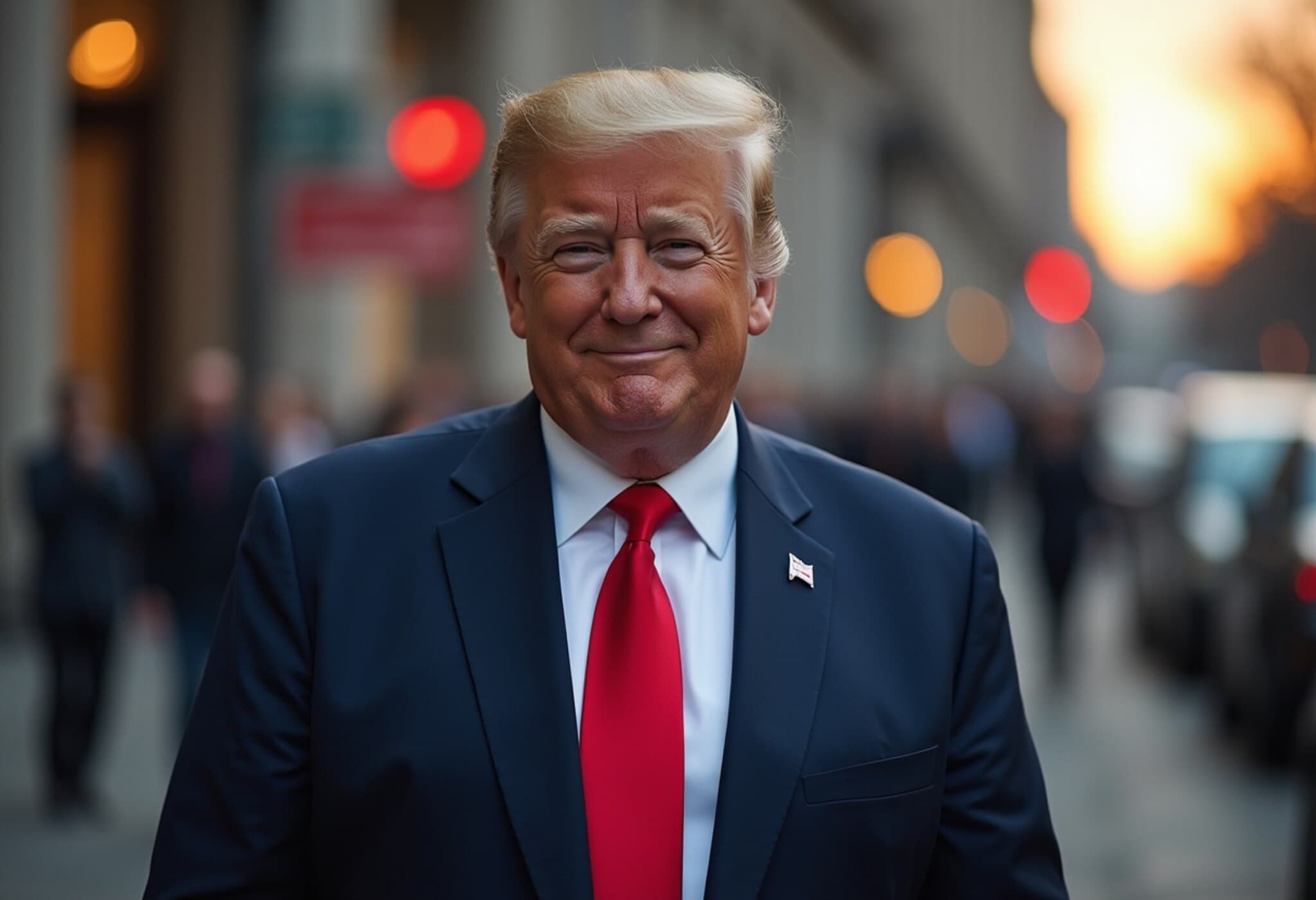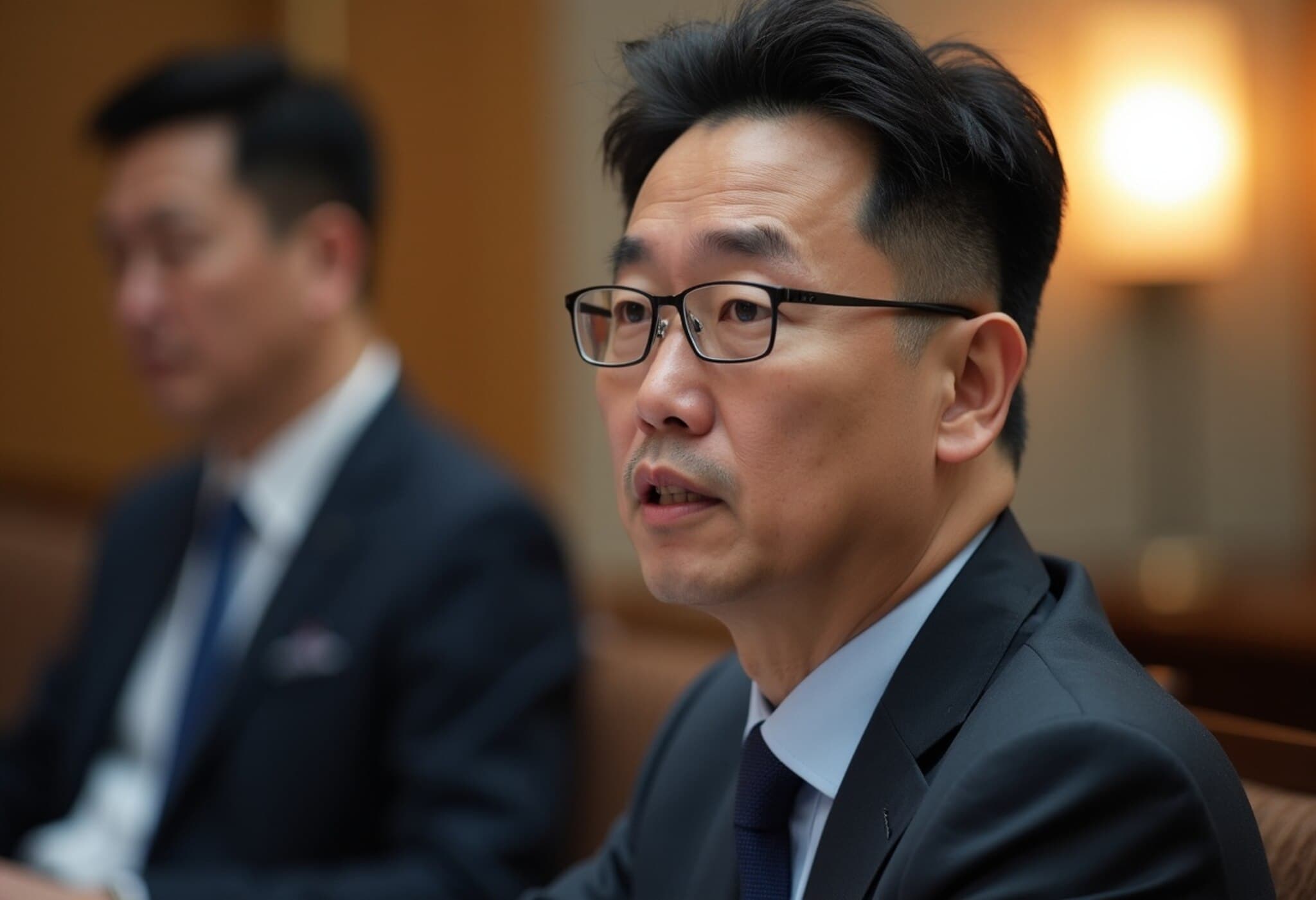US Shift Back to West Asia Amid Israel-Iran Conflict
The ongoing turmoil between Israel and Iran has significantly disrupted the United States' strategic focus, pulling Washington back into the complex web of West Asian conflicts after a period of prioritizing Asia-Pacific affairs.
Trump's Direct Involvement Signals Policy Shift
President Donald Trump, who has been closely monitoring the escalating Israel-Iran war, is reportedly contemplating military action against Iran. This development marks a sharp departure from his previous approach, which leaned towards transactional diplomacy and reducing military entanglements in the Middle East.
Internal Policy Clashes: Asia vs. West Asia
Meanwhile, Vice President JD Vance and Defense Undersecretary Elbridge Colby have championed a strategy aimed at minimizing US involvement in West Asia to concentrate efforts on countering China in the Indo-Pacific region. Their campaign had, until recently, sidelined the "primacists" advocating broader US global dominance, shaping US policy towards restraint and Asia-Pacific priorities.
However, the Israel-Iran conflict has forced a reassessment, with the White House increasingly drawn into Middle Eastern hostilities. Notably, this pivot intensified following a private meeting between President Trump and conservative commentator Mark Levin, alongside heightened Israeli military actions against Iran.
Consequences for US Foreign Policy and Alliances
This strategic reorientation compromises Washington's ability to focus on its Asian priorities, particularly efforts to deter China and solidify alliances across the Indo-Pacific. Moreover, it exposes ongoing tensions between domestic political narratives — such as "America First" and ending "forever wars" — and the unpredictable demands posed by global security crises.
Gulf Arab nations, meanwhile, are positioning themselves to benefit from renewed US engagement, capitalizing on security concerns and promises of substantial investments to strengthen their roles as pivotal partners.
Reigniting the Debate Over America's Global Role
Overall, the Israel-Iran conflict has unsettled the US strategic pivot towards Asia, rekindling longstanding debates over America's international responsibilities and the challenges of maintaining restraint amid evolving global threats.

